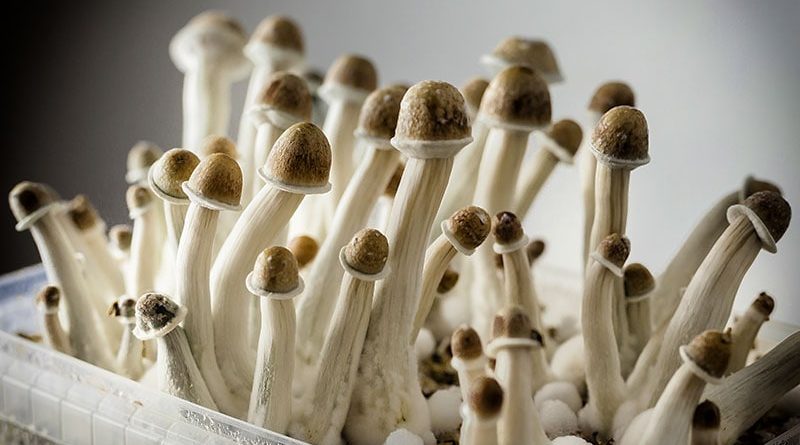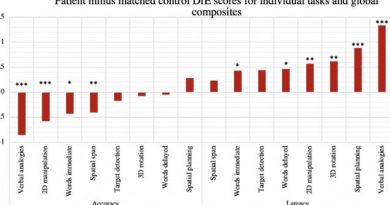FDA Issues Draft Guidance on Psychedelic Drug Trials
For the first time, the US Food and Drug Administration (FDA) has released draft guidance highlighting “fundamental considerations” for researchers designing clinical trials testing psychedelic drugs as potential treatments for a variety of medical conditions.
There has been growing interest in the therapeutic potential of psychedelic drugs for depression, posttraumatic stress disorder (PTSD), substance use disorders, and other conditions.
However, designing clinical studies to evaluate the safety and effectiveness of these compounds presents a number of unique challenges that require careful consideration, the FDA says in a news release.
“Psychedelic drugs show initial promise as potential treatments for mood, anxiety, and substance use disorders,” Tiffany Farchione, MD, director, Division of Psychiatry, FDA Center for Drug Evaluation and Research, says in the release.
“However, these are still investigational products. Sponsors evaluating the therapeutic potential of these drugs should consider their unique characteristics when designing clinical studies.
“By publishing this draft guidance, the FDA hopes to outline the challenges inherent in designing psychedelic drug development programs and provide information on how to address these challenges,” Farchione says.
“The goal is to help researchers design studies that will yield interpretable results that will be capable of supporting future drug applications.”
The draft guidance covers “classic psychedelics,” such as psilocybin and lysergic acid diethylamide (LSD) that act on the brain’s serotonin system, as well as “entactogens” or “empathogens” such as 3,4-methylenedioxymethamphetamine (MDMA).
The guidance outlines basic considerations throughout the drug development process, including trial conduct, data collection, participant safety, and new drug application requirements.
Because psychedelic drugs may produce psychoactive effects such as mood and cognitive changes, as well as hallucinations, there is the potential for abuse, which is a drug safety issue that requires “careful consideration and putting sufficient safety measures in place for preventing misuse throughout clinical development,” the FDA says.
For psychedelics that are currently Schedule I controlled substances, the draft guidance notes that activities associated with investigations under an investigational new drug application must comply with applicable Drug Enforcement Administration regulatory requirements.
The evidentiary standard for establishing effectiveness of a psychedelic agent is the same as for all other drugs, but there are unique factors investigators may need to consider when designing their clinical trials if those trials are to be considered adequate and well-controlled, the FDA says.
The draft guidance also addresses the role of psychotherapy in psychedelic drug development, considerations for safety monitoring and the importance of characterizing dose-response and the durability of any treatment effect.
The FDA invites the public to provide comments on the draft guidance by August 23. All written comments should be identified with this document’s docket number: FDA-2023-D-1987.
For more Medscape Psychiatry news, join us on Twitter and Facebook
Source: Read Full Article



